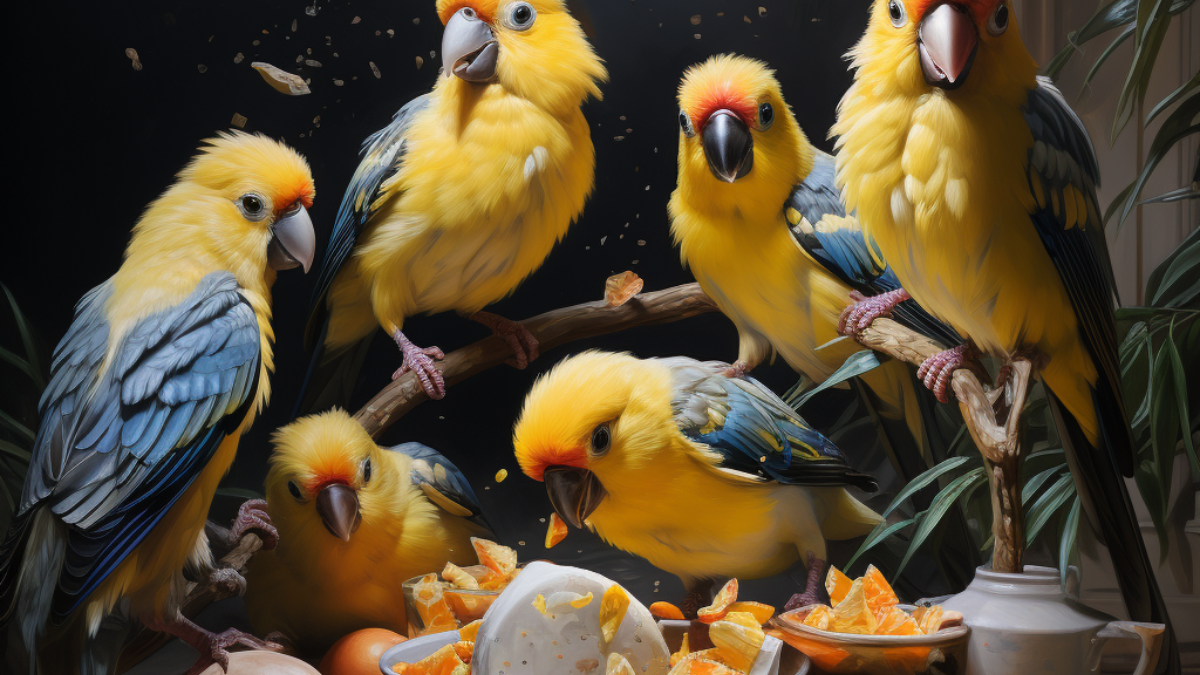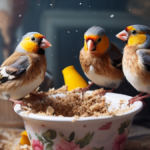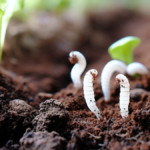Birdwatching is a delightful hobby that allows us to marvel at the beauty and diversity of our feathered friends. As we spend time observing these winged wonders, questions often arise about what they eat and whether they can enjoy some of our human treats. One common inquiry is whether birds can eat cornflakes, a popular breakfast cereal loved by many. In this article, we’ll unravel the mystery of whether cornflakes are suitable for our avian companions and explore the fascinating world of avian dietary preferences.
Understanding the Avian Diet
Before we dive into the specifics of cornflakes, it’s essential to understand the natural diet of birds. Birds are incredibly diverse in their feeding habits, and their beaks, digestive systems, and behavior are uniquely adapted to the types of foods they consume. From seed-eaters to insectivores and nectar-feeders, different bird species have evolved to thrive on various food sources.
Birds and Cornflakes: The Verdict
So, can birds eat cornflakes? The short answer is yes but with some important considerations. Cornflakes, being made from corn, are not toxic to birds. Some birds, especially those known as “scavengers,” may sample a variety of foods, including human snacks like cornflakes. However, it’s essential to understand that cornflakes are not an ideal or nutritious choice for our feathered friends.
Why Cornflakes Are Not Ideal for Birds
While birds may peck at cornflakes out of curiosity or hunger, these cereals are not a part of their natural diet. Cornflakes are heavily processed and often contain added sugars, salt, and preservatives, which are not suitable for birds. Birds have specific nutritional requirements, and it’s crucial to prioritize their health and well-being by offering them appropriate foods.
Health Implications for Birds
Feeding birds a diet high in processed human foods can lead to several health issues. Cornflakes lack the essential nutrients that birds need to thrive, and relying on them as a primary food source can result in malnutrition. Additionally, the added sugars and salt in cornflakes are harmful to birds and can lead to various health problems.
Best Foods for Feathered Friends
Instead of offering cornflakes, opt for a variety of nutritious and bird-friendly foods that align with their natural diet. Here are some excellent options:
Bird SeedsHigh-quality bird seed mixes containing a variety of seeds like sunflower seeds, millet, and safflower seeds are a favorite among many bird species.
- Suet
Suet is a high-fat substance made from animal fat and mixed with birdseed, nuts, or dried fruits. It provides a valuable source of energy, especially during colder months.
- Fresh Fruit
Certain fruits, such as apples, berries, and grapes, can be offered to birds. Cut the fruits into small pieces to make them easier for birds to handle.
- Nectar
For nectar-feeding birds like hummingbirds, a mixture of four parts water to one part white granulated sugar closely mimics the natural nectar they consume from flowers.
Real-Life Observation: A Persistent Robin
Meet Alex, a bird enthusiast who enjoys spending time in his backyard observing the local bird population. One day, as Alex was having breakfast on his patio, he noticed a curious robin eyeing his bowl of cornflakes. Intrigued, he decided to experiment and left a small pile of cornflakes on the table.
To Alex’s surprise, the robin hopped onto the table and pecked at the cornflakes. However, after a few tentative bites, the robin flew away and returned to foraging for insects and worms in the garden. It seemed that the processed cereal did not hold much appeal for the resourceful Robin, who preferred its more natural diet.
In Conclusion: A Balanced Diet for Our Avian Companions
While birds may occasionally sample human foods like cornflakes, it’s essential to remember that these cereals are not a suitable or nutritious option for our feathered friends. To keep them healthy and thriving, prioritize their natural diet and offer them a diverse and balanced mix of bird seeds, suet, fruits, and nectar.
So, the next time you spot a bird in your backyard, admire its beauty and appreciate its unique dietary needs. By providing our avian companions with the right foods, we can foster a harmonious coexistence with these captivating creatures and continue to enjoy the wonder of birdwatching. Happy birdwatching and happy bird-feeding!



